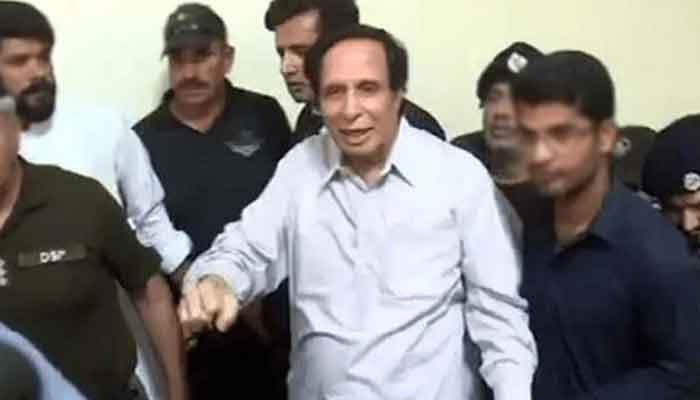The Punjab Assembly reconvened its budget session at 10 a.m. today, with opposition leaders poised to kickstart debates on the budget. This session aims to pass the annual budget for the province of Punjab.
Following a hiatus of two days, the Punjab Assembly’s budget session resumed yesterday, marking a continuation of the discussions initiated during the previous session. The assembly reconvened on Monday to deliberate on the proposed budget for the upcoming fiscal year.
During Monday’s session, held on March 20, significant attention was given to the presentation and examination of the province’s annual budget. Members of the assembly engaged in a comprehensive discussion regarding the financial allocations and priorities outlined in the proposed budget for the fiscal year.
The budget session serves as a crucial platform for lawmakers to scrutinize the government’s financial plans and policies, ensuring transparency, accountability, and effective utilization of public funds. As such, opposition leaders are expected to play a vital role in scrutinizing the budgetary proposals, highlighting areas of concern, and proposing alternative strategies or amendments to enhance the budget’s efficacy and address the needs of the province’s populace.
Key areas of focus during the budget debates may include allocations for education, healthcare, infrastructure development, social welfare programs, and economic initiatives aimed at stimulating growth and employment opportunities. Additionally, discussions on revenue generation, fiscal deficits, debt management, and measures to enhance transparency and accountability in public spending are likely to feature prominently in the deliberations.
The budget session provides an opportunity for legislators from across the political spectrum to contribute their perspectives, engage in constructive dialogue, and collaborate in the formulation of policies that benefit the people of Punjab. Through robust debates and deliberations, lawmakers seek to ensure that the budget reflects the aspirations and priorities of the citizens, fosters inclusive development, and addresses the challenges faced by various segments of society.
Furthermore, the budget session serves as a mechanism for parliamentary oversight, allowing elected representatives to hold the government accountable for its financial decisions and expenditures. By scrutinizing budgetary allocations and expenditures, lawmakers can identify inefficiencies, discrepancies, or areas requiring improvement, thereby promoting greater efficiency, transparency, and responsiveness in governance.
As the Punjab Assembly resumes its budget session, the participation and engagement of all stakeholders, including legislators, government officials, civil society organizations, and citizens, are essential in shaping policies and budgets that advance the collective welfare and prosperity of the province. Through collaborative efforts and informed decision-making, the assembly endeavors to fulfill its mandate of serving the interests of the people and promoting inclusive and sustainable development in Punjab.



